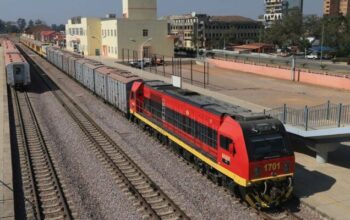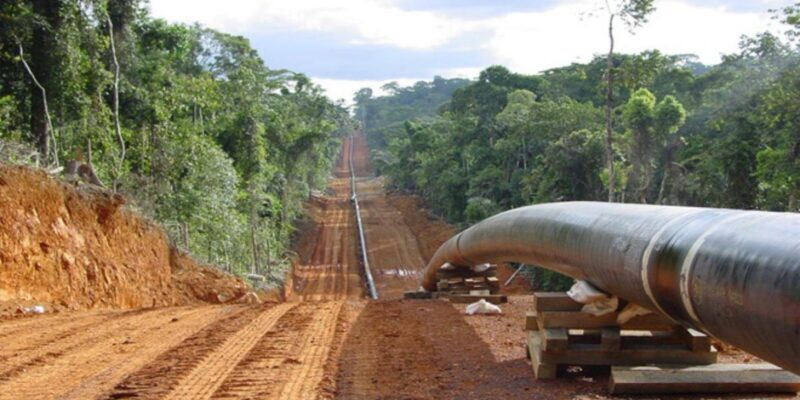The Hydrocarbons and Mining sectors are pivotal for Angola’s economic development and diversification, emphasized Diamantino Azevedo, Minister of Mineral Resources, Oil and Gas, during a presentation in Luanda.
Speaking at the 1st edition of Conversas-Economia-100 Makas, themed “The Future of Oil, Gas, and Critical Minerals,” Azevedo outlined the ministry’s strategic program for 2023-2027.
Azevedo noted that the Oil sector accounted for 93.66% of Angola’s global exports this year, while mining contributed 4.65%. Together, hydrocarbons represented 29.7% of the Gross Domestic Product (GDP), with mining at 1.4%.
“Oil has significantly contributed to our nation. We must now focus on maximizing each barrel’s utility through refining, petrochemicals, fertilizers, gas utilization, and energy production,” Azevedo stated.
He stressed the need for greater participation from the private sector, businesspeople, and academics to fully leverage the hydrocarbon resources.
The government is working to attract international investors to stabilize oil production at around one million barrels per day.
“The goal is not to increase production but to maintain it, attracting foreign investment to compete with new oil discoveries globally,” Azevedo said.
Azevedo also highlighted the government’s commitment to the energy transition, including reducing routine gas flaring, minimizing fugitive emissions, and promoting biofuel production.
Key projects include the construction of photovoltaic plants in Namibe and Huíla, developing a green hydrogen factory, and studying the feasibility of a bio-refinery.
The Ministry’s strategic program aims to replenish reserves, stabilize production above one million barrels per day until 2027, and develop oil fields, including marginal and mature fields.
The government will continue its exploration strategy and permanent offer regime for oil concessions, alongside completing the Gas Master Plan.
Between 2019 and 2023, Angola awarded 32 oil concessions, and more than 25 wells are expected to commence production this year. Upcoming projects include studies of the Kassanje Basin and the Etosha-Okavango Basin.
Energy and mineral resources specialist Flávio Inocêncio highlighted the importance of maintaining production levels through new investments, which could reduce the estimated decline from one million to 600,000 barrels.
Economist Carlos Rosado de Carvalho emphasized the sector’s efficiency and its critical role in generating revenue for national economic growth.
“Oil has consistently generated revenue. The priority now is to use this revenue effectively for economic development,” Carvalho concluded.
![]()




